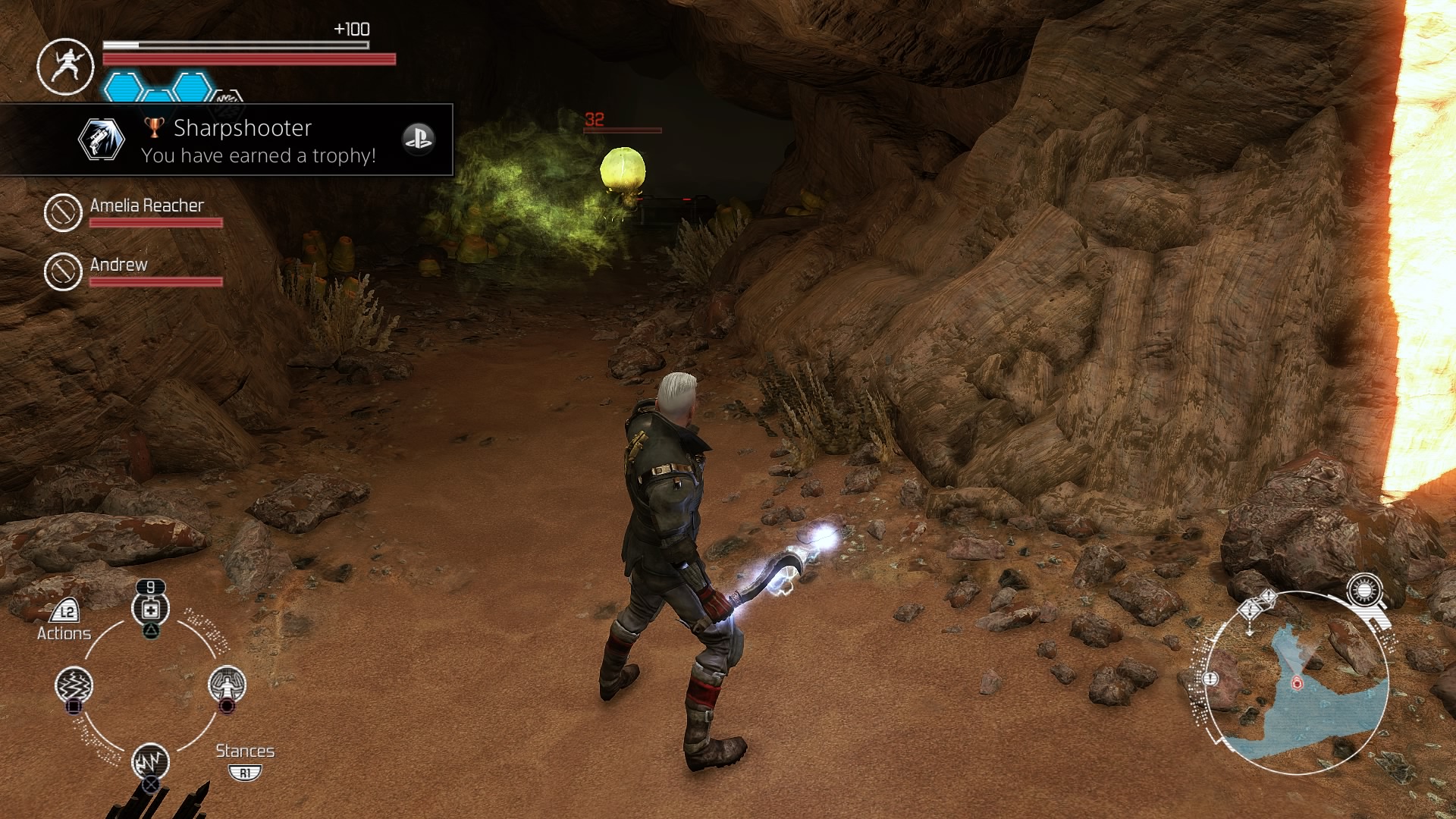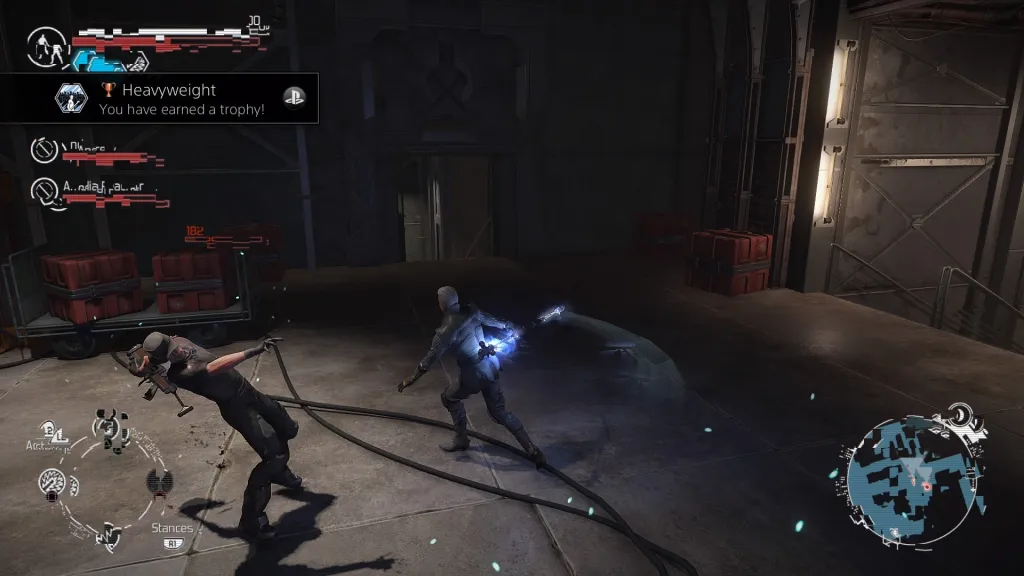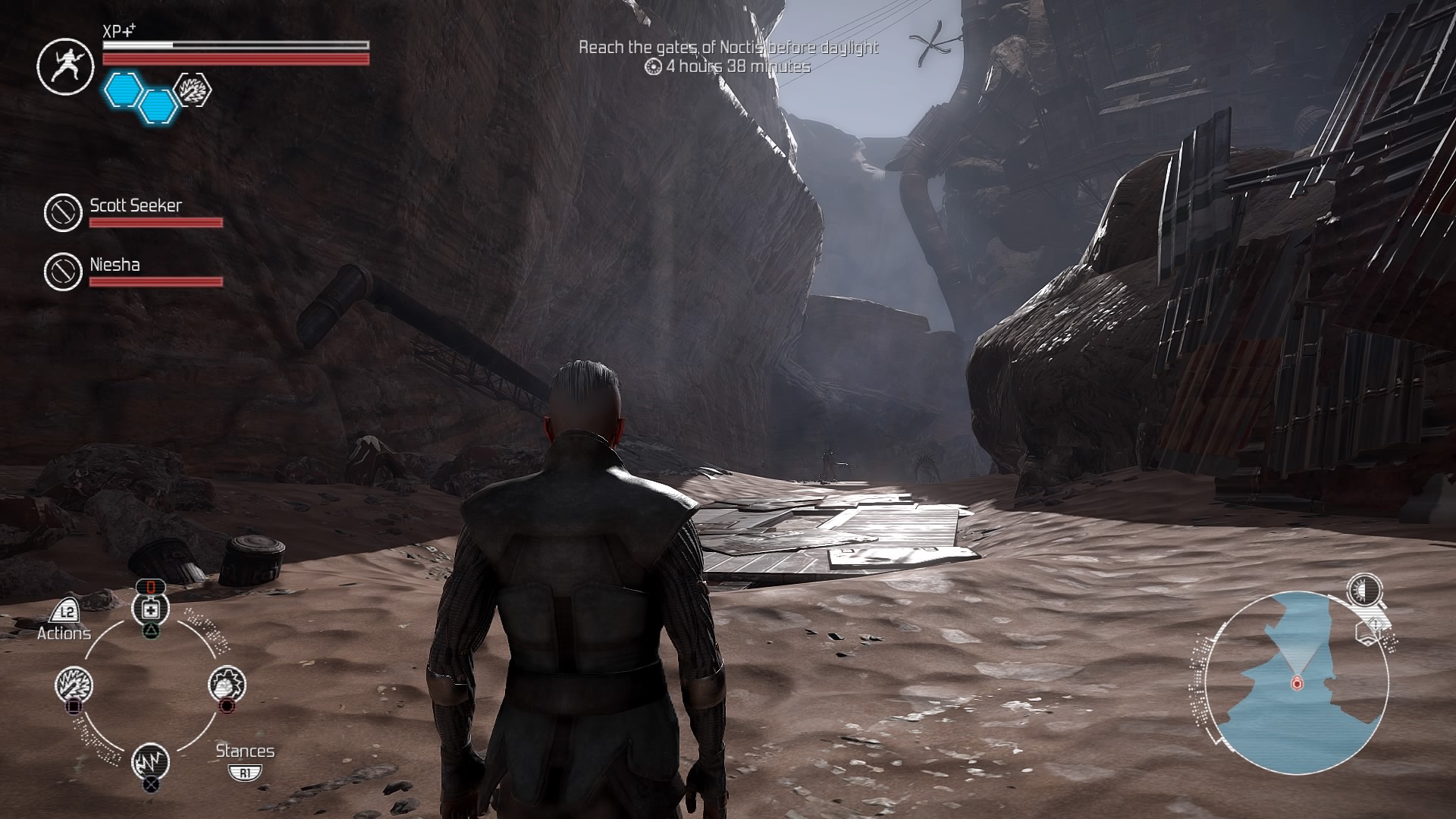
After branching out and trying something new with Bound by Flame, French developer Spiders has opted to return to a setting they have succeeded in before: the red planet Mars. Spiders has proven before that they know how to weave a tale on this neighboring planet with Mars: War Logs, and they’ve taken that chaotic world and run with it once again. Whereas Mars: War Logs took place over a century after the colonists first settled on Mars, The Technomancer is several years after War Logs, where corporations still reign as countries, fighting over resources and most importantly, water.
And as you would imagine, living on the desolate planet of Mars while under the thumb of a major corporation is absolutely horrid. At least the game, while far from perfect, is not as horrid as the Mars environment.
Call Me Zachariah
Players control Zachariah Rogue, a new initiate into the Technomancer brotherhood, which have the curious ability to channel and expel electricity from their bodies. They undergo years of training with an assigned Master, and once they confirm they can control their electrical powers, they are made into a full Technomancer and sent out to work as an officer in their corporate army. The initiation, which is just one of many parallels to the Jedi Order of Star Wars, does more than simply promote a young trainee to full Technomancer; it also lets them in on a secret precious to the society, one that they cannot let the corporations know about, otherwise they will be treated as horribly as the planet’s mutants. Part of Zachariah’s swearing in includes his solemn oath that he will risk his life to protect this beloved secret.
Soon after, Zachariah is assigned to serve as a Lieutenant in the city of Ophir’s army regimen. He’s given task after task from his Captain as well as the Great Master Technomancer, and he can do random side missions along the way. These missions are set to show the player the awful nature of living under the corporations on Mars, as well as how gray the choices are that Zachariah has to make. However, while they do paint this disturbing picture, the quests themselves are tedious, rather boring, and rather predictable. I fear that many players will give up before the story really amps up at about ten hours in, when Zachariah is forced to flee Ophir as a traitor.
Combat as Challenging as the Mars Atmosphere
Technomancers have three different stances for combat—Guardian with a club and shield, Rogue with a dagger and handgun, and Warrior with the signature Technomancer staff—and they can be switched at any time. I started off preferring the Rogue stance, as this stance allows for quicker movement and offers fantastic range combat with the pistol. As my Technomancy skills grew on that particular skill tree, I gravitated toward the Warrior stance and never went back to using the dagger. Each stance has its uses, and different players will obviously find different affinities with each.
Couple the stances with the various skill trees, and you can really tailor how Zachariah plays. With each level, Zachariah receives one skill point he can spend on a four-quadrant skill tree: warrior, technomancy, guardian, and rogue skills. Every three levels, he receives an Attribute point to spend on strength, agility, technomancy, and constitution. Every four levels, he obtains a Talent point to spend on charisma, science, stealth, lock-picking, crafting, and exploration. The Attributes and Talents will force you to choose wisely, depending upon how you want to play and what you want to do on Mars. I enjoy talking my way out of a situation instead of fighting, so I filled the charisma tree first.
Although, I quickly realized that I needed higher crafting and lock-picking abilities as well, as these go hand-in-hand. The more chests you loot with the higher level locks, the better materials you’ll find, and therefore, the better upgrades you can craft if your crafting talent is high enough. In fact, crafting will make or break combat in more ways than one. A fight that was agonizing a few minutes ago is suddenly far easier thanks to simply crafting level 2 disruption upgrade on your staff. Crafting completely changed how I approached every fight in this game compared to others. Typically, I would look for the weapons with the higher damage output, but the highest damaging weapons in the world won’t do a lick of good if the enemy can disrupt or block your attacks. I learned that using disrupting upgrades over critical chances and damage was ten times more effective, especially when utilizing the higher level staff combat abilities. Nothing is more frustrating than winding up for a whirlwind staff attack just to have some yahoo stop you mid-twirl with his mace. Well, the fact that the controls are sometimes janky is a close second.
Even with the crafting and all the various skill trees, combat is still unbelievably tricky. You can make a single mistake during combat and survive, but you most likely will not survive two mistakes. One missed disruption kick or dodge roll or one attack swing too many can literally be the death of you. Combat is a dance between Zachariah and his foes, knowing when to swing in for the attacks, when to disrupt an attack, when to back away, and when to apply that healing syringe. Sometimes that moment it takes for Zachariah to heal himself is all the enemy needs to fire his weapon and bring on the game over screen. Is it best to start off this encounter with a stealth attack or with an exploding trap? Preparing a strategy and instantly adapting said strategy is as important as mastering the various attack and defense techniques. I honestly think I died more playing this game than I did playing DOOM. At least the save points are forgiving, and you do get in a habit of saving after every little encounter, just to be safe.
I even tried playing the game on an easier difficulty, and that only allows three mistakes before death. It’s still unforgiving, so might as well play on Normal, grit your teeth, and upgrade all the things.
And did I mention the fatigue system? You’ll love this. If you don’t rest every so often, as in go find a bed for Zachariah to catch some Zs, he will become tired. When he’s tired he loses an experience bonus obtained from combat, which can be the difference between reaching the next level and unlocking some crucial skills and talents. He also becomes less effective in battle. At first I thought it was my imagination, but it’s true; he moves more sluggishly and his hits don’t cause as much damage as they do when he’s well rested and refreshed. It’s both absolutely genius and absolutely annoying.
Every Choice You Make
As with any good role-playing game, the choices Zachariah makes matter greatly throughout the course of his story, especially the choices that don’t seem to matter. Everything he does, especially when it comes to side missions, will come back in some way. Did you choose to let that one shady character live? That choice may add in new dialogue options for the main story or other side missions. Did you not do a certain side mission at all? A companion may leave and never return, or you may have lost all favor with a faction permanently.
Most importantly, as the factions of the game unfold, it becomes readily apparent that you can’t do every side mission for everyone and get everyone to like you. If you help the opposition, you’ll lose reputation with the army. If you help the gangsters, you’ll lose reputation with virtually everyone. Or you can anger everyone and make everything very hard on yourself; the choice is yours, and you will have to pick and choose. This isn’t one of those RPGs where you can do every possible side quest stored in the code in one playthrough.
As such, The Technomancer starts to show how much they are trying to piggyback off of BioWare. For most of the game, the slow start to the story and then forced interactions with companion characters felt right out of Dragon Age 2. Even the romance options are as forced as they are in DA2, but oddly enough, as forced as they are, they suddenly put on the brakes in later chapters and come out a bit more naturally. It was very weird to have a character hit on Zachariah so hard, Zachariah ask just as many personal questions out of the blue, and then literally nothing for several hours until the next chapter. None of the romances are that hard to obtain, either. Simply talk nice to everyone, compliment them, and complete their side quests and soon they will ask to visit you in your bedroom. The romances would have meant so much more if Zachariah had to work at it a little bit. That’s one feature BioWare (generally) does very well, and it’s obvious Spiders wanted to do the same but had no idea how to capture BioWare’s magic.
That said, at about 20 hours in is when the complexity of the characters unravels, and the game stops ramming plot devices down the player’s throat. It’s the 20-hour mark where I started to really care about the various characters and wanted to help specific factions achieve their goals. It’s unfortunate that it takes this long for layers of the onion to peel backward, because most players will never see how deep the story can get. In this day and age, even with RPGs, players need a hook sooner than 20 hours. The story kicks into high gear much sooner, but it’s not until this far in that intrigue really starts to pique.

The Technomancer tries its best to be a lot of things at once, and as a result, it’s good at most but great at nothing. Not much about the game stands out as must-play, but it’s a good recommendation for RPG-loving friends who are looking for a sci-fi/steampunk RPG to play. I enjoyed my time with Zachariah on Mars, and when I got hooked, I was absolutely, 100% hooked. However, I know most people won’t be patient with a game for that many hours to get to that point, especially with how unforgiving the combat is.
The Technomancer review copy provided by publisher. For more information on scoring, please read our Review Policy here.
-
Challenging combat
-
Varied ways to fight
-
Choice really does matter
-
Deep story
-
Complex characters
-
Visually not the best, with the occasional jagged pixel lines
-
Clunky controls
-
Predictable AI
-
Tries to be a little too BioWare
The Technomancer Review
-
The Technomancer Review #1
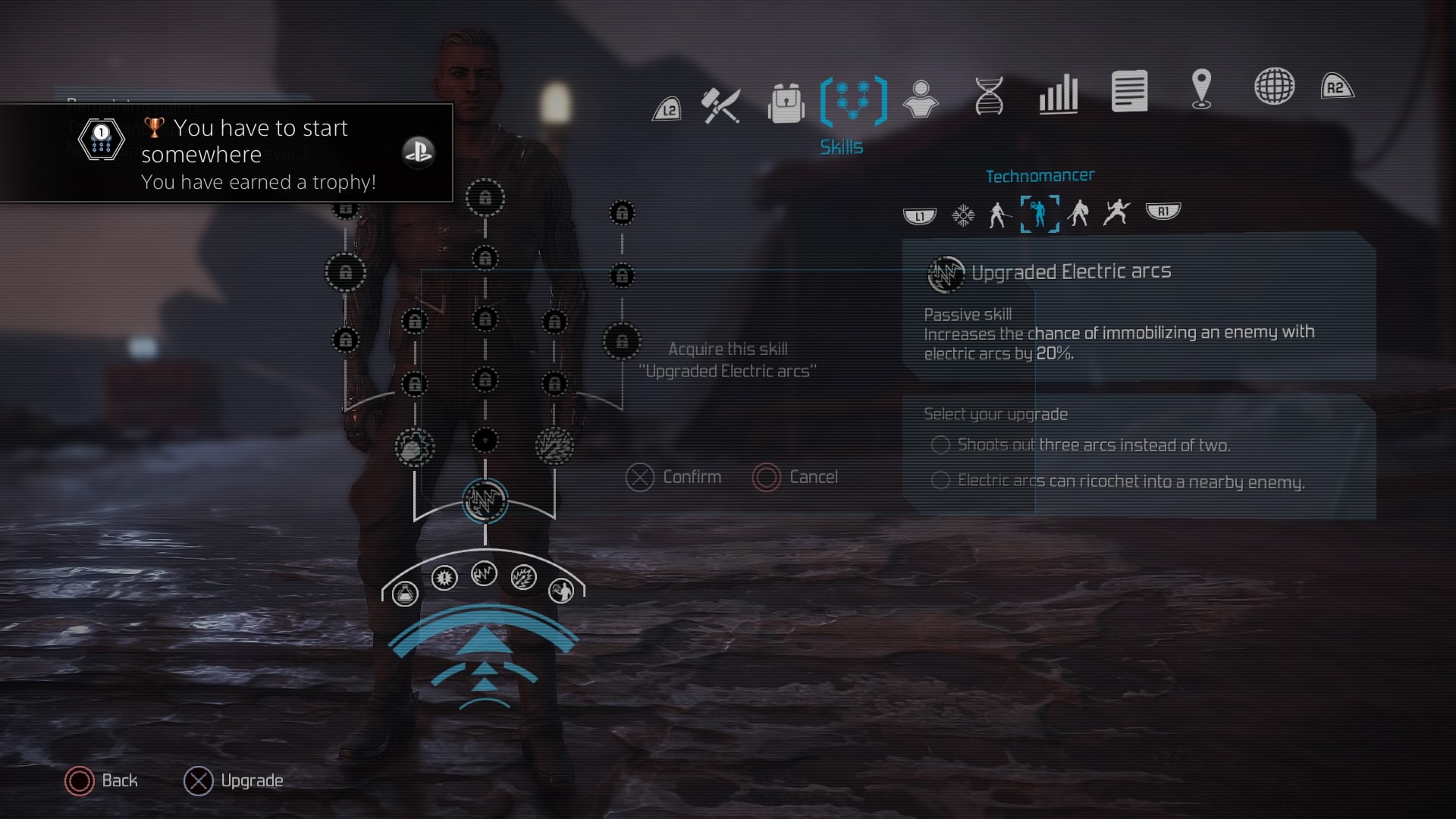
-
The Technomancer Review #2
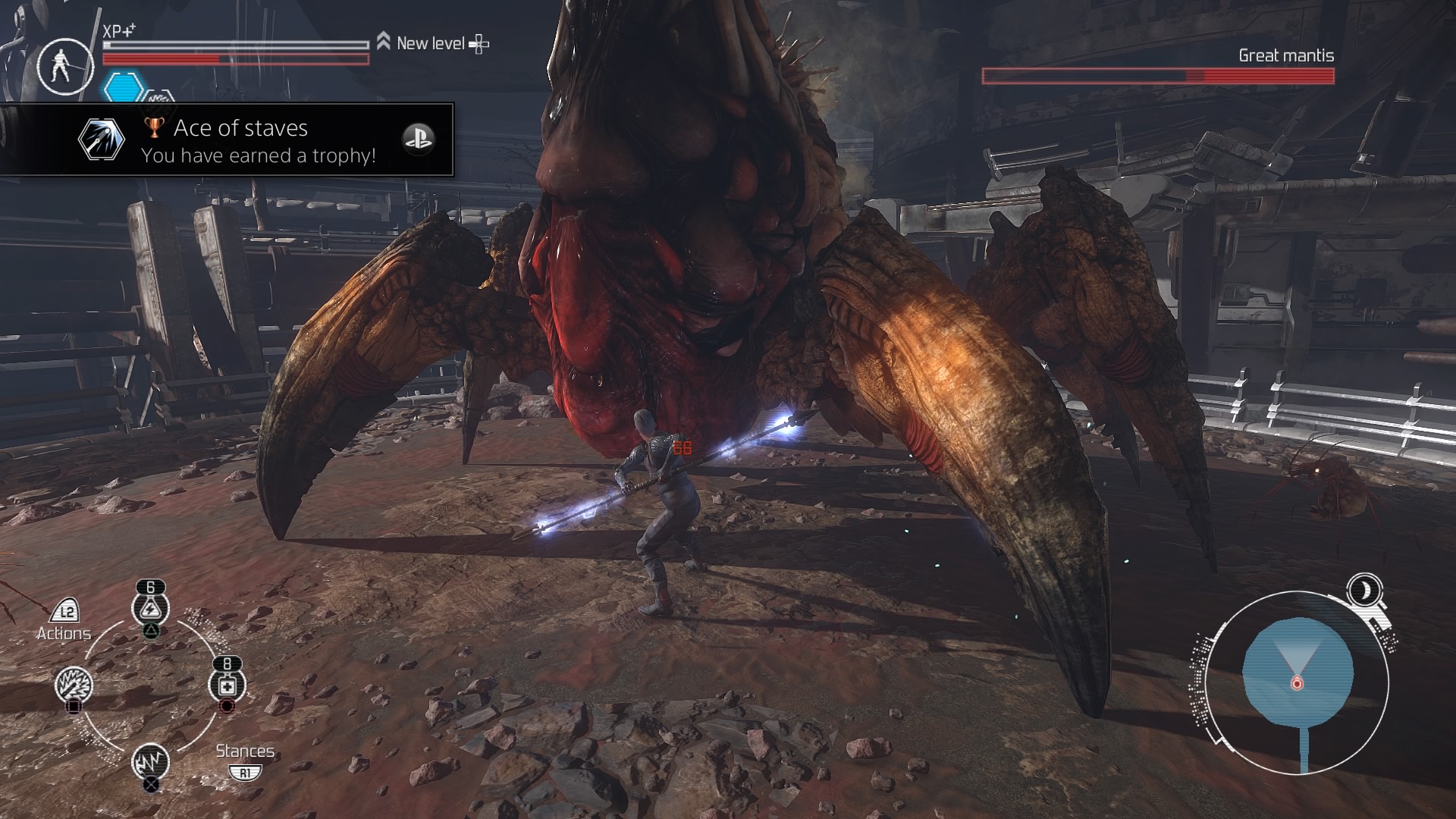
-
The Technomancer Review #3

-
The Technomancer Review #4
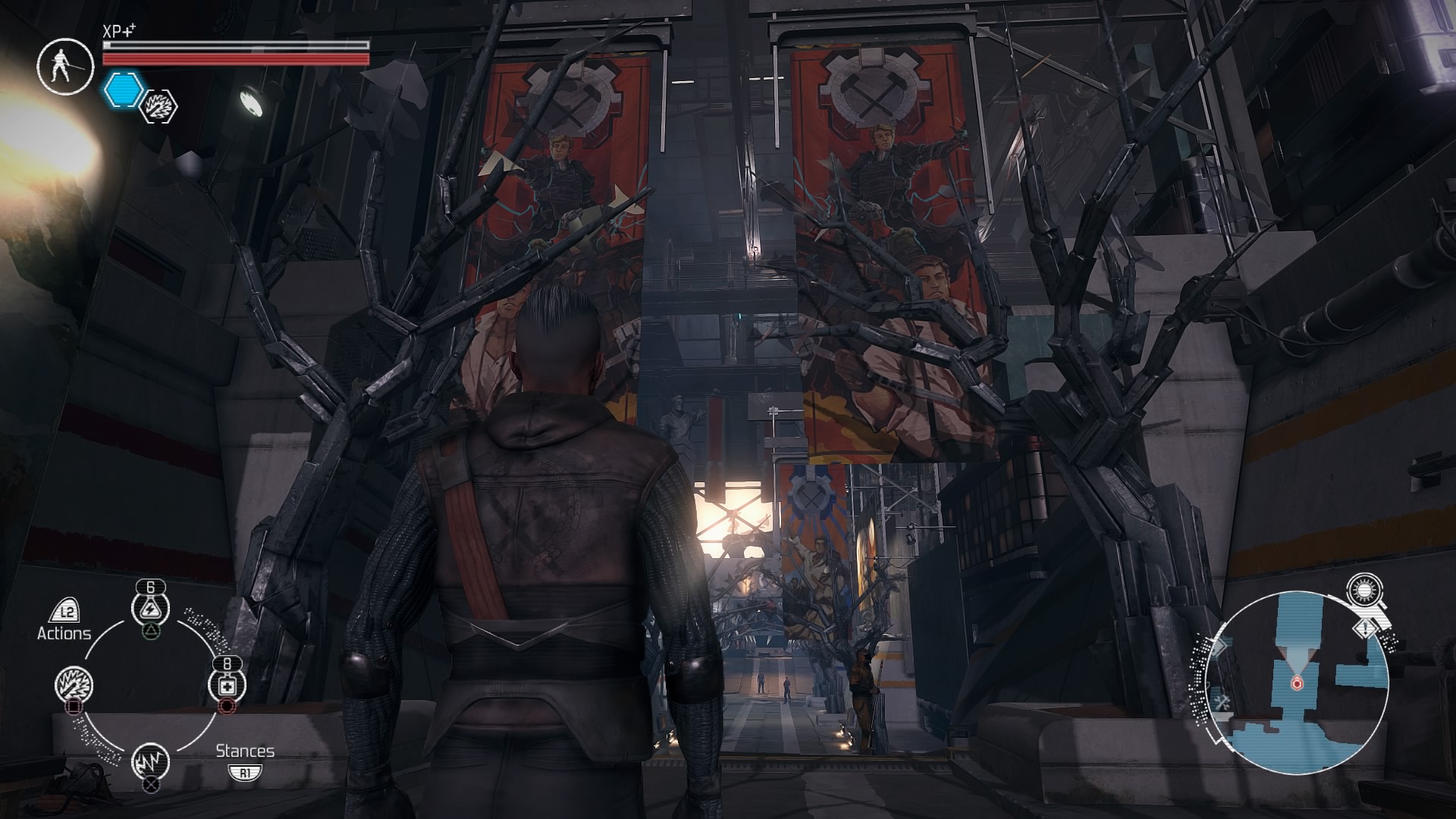
-
The Technomancer Review #5
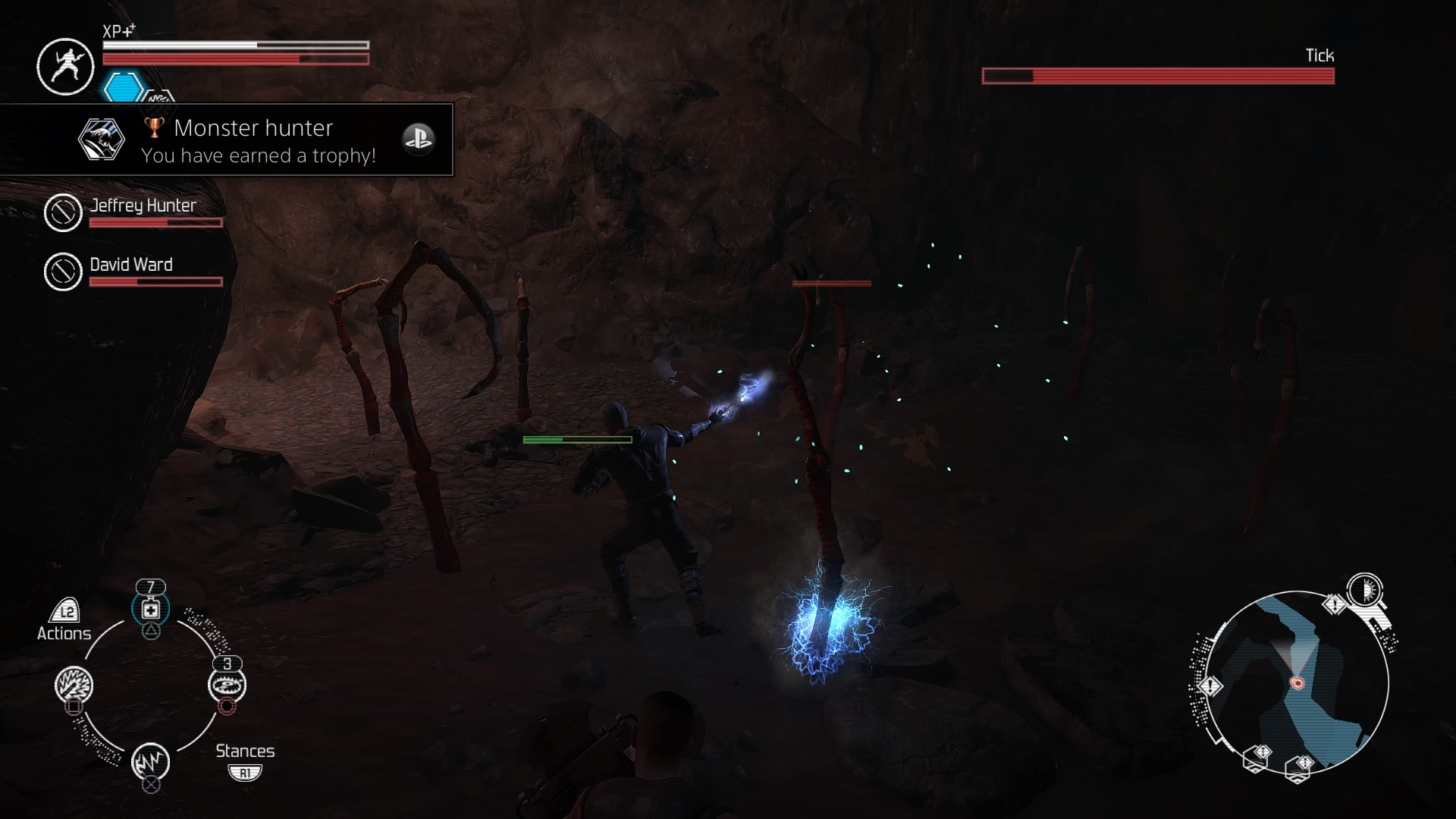
-
The Technomancer Review #6
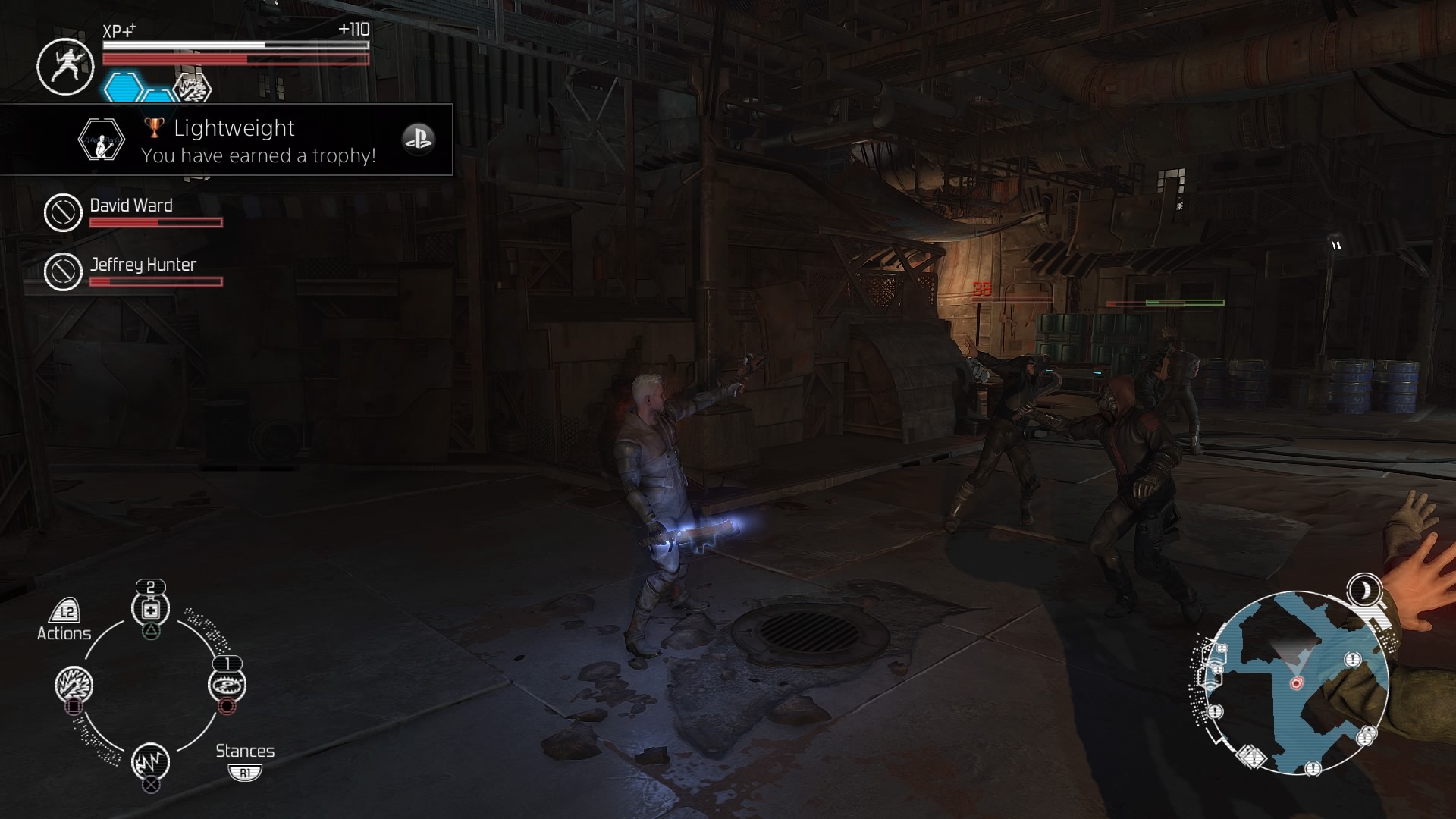
-
The Technomancer Review #7
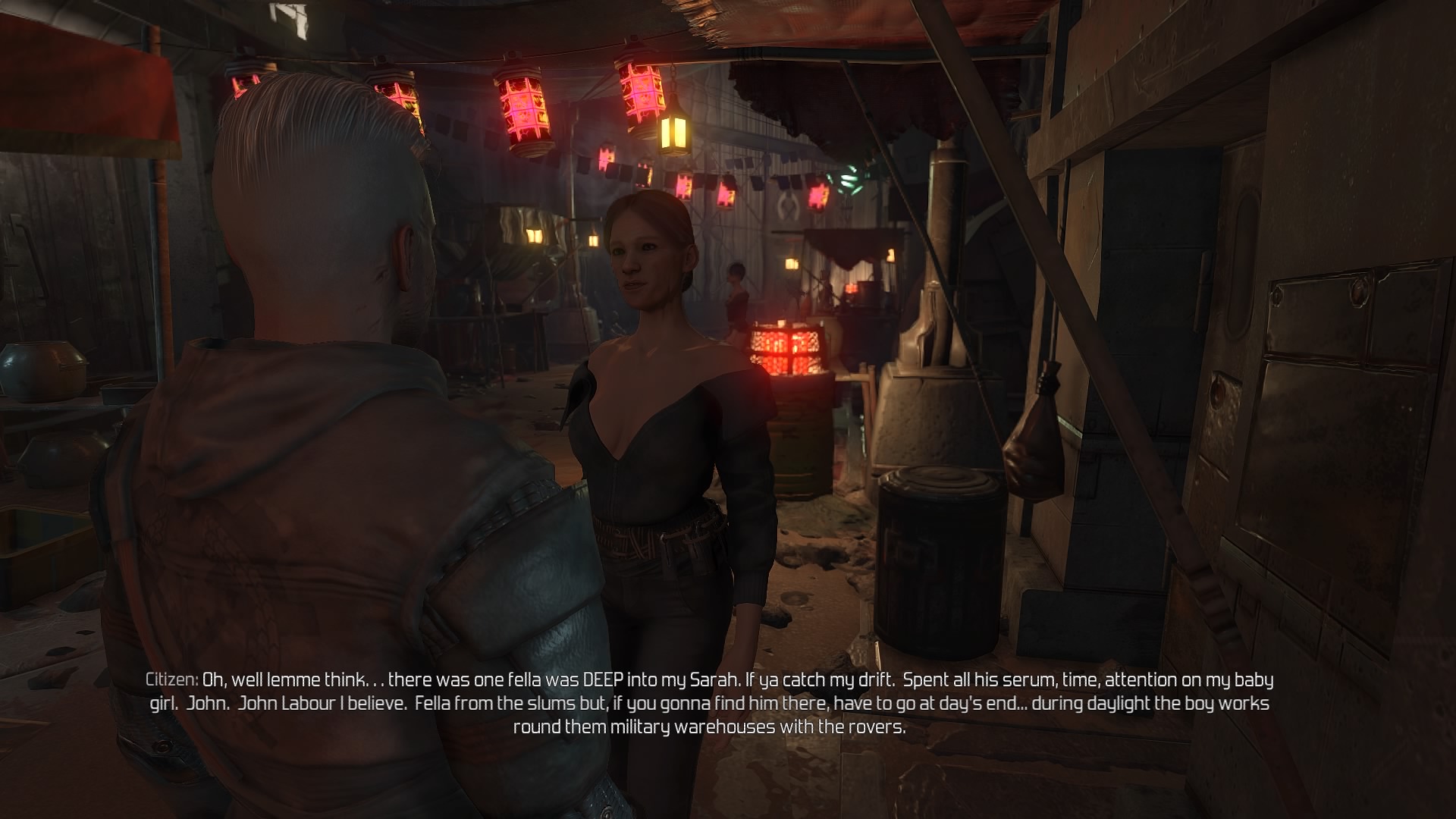
-
The Technomancer Review #8
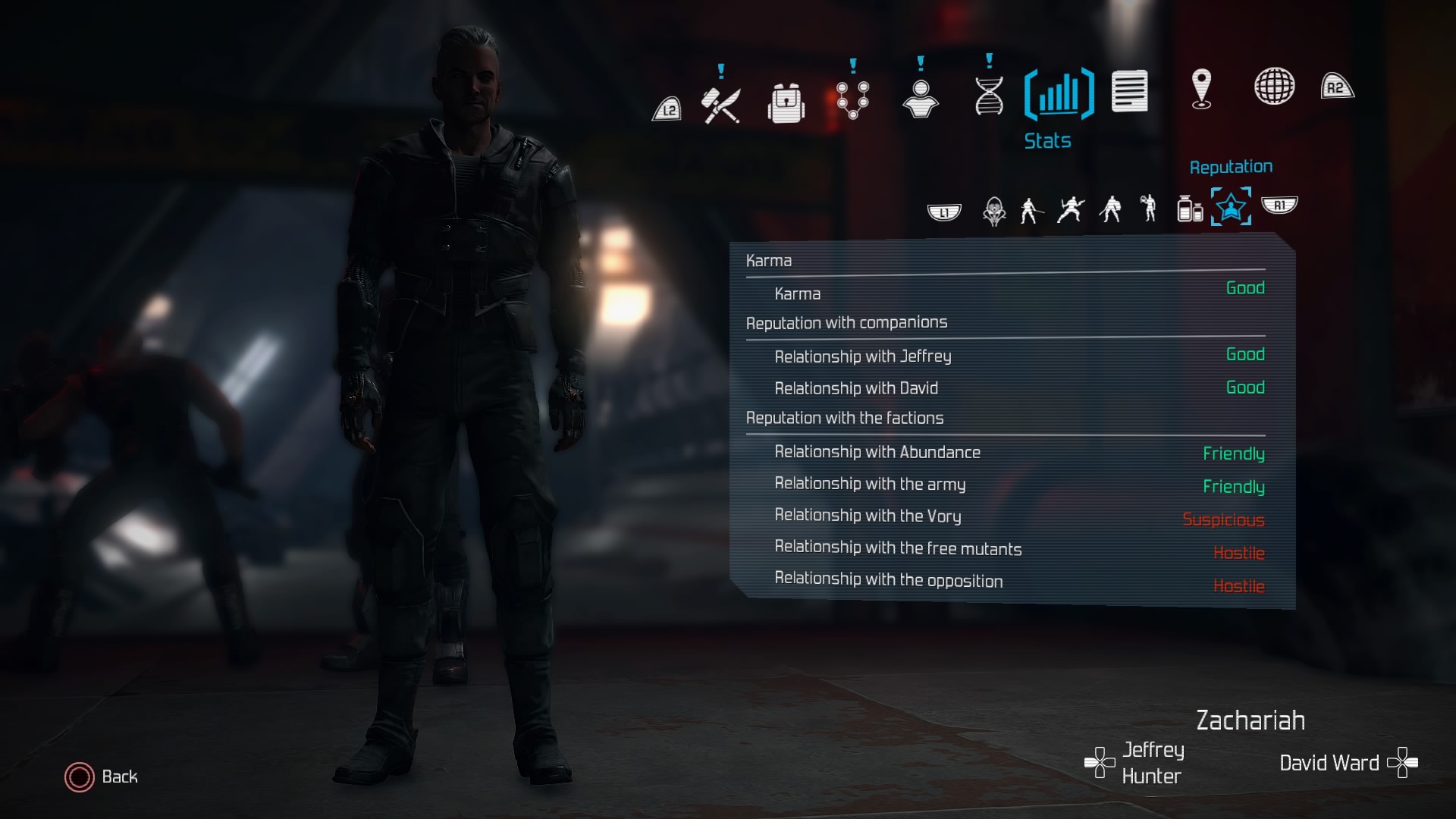
-
The Technomancer Review #9

-
The Technomancer Review #10
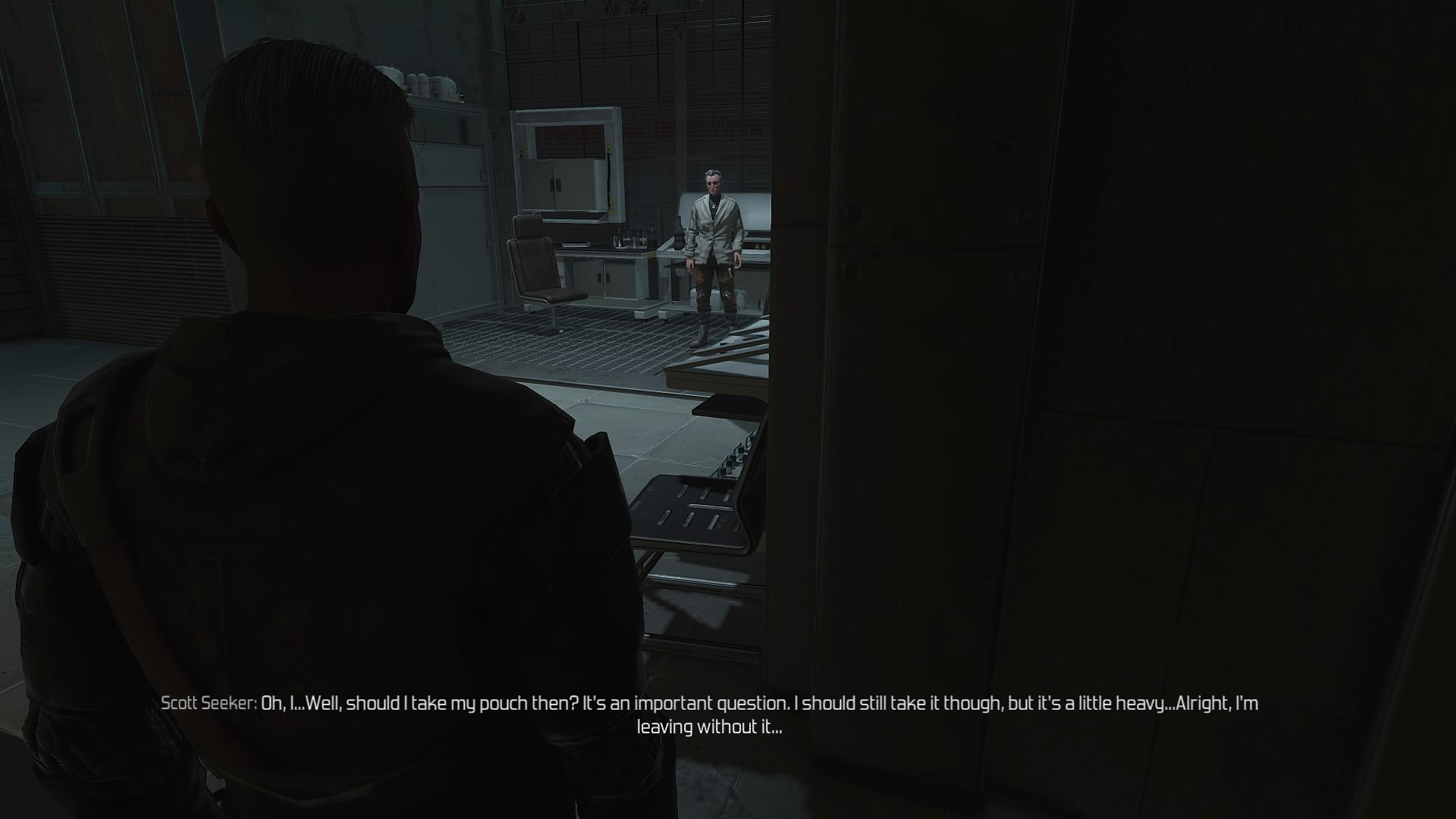
-
The Technomancer Review #11
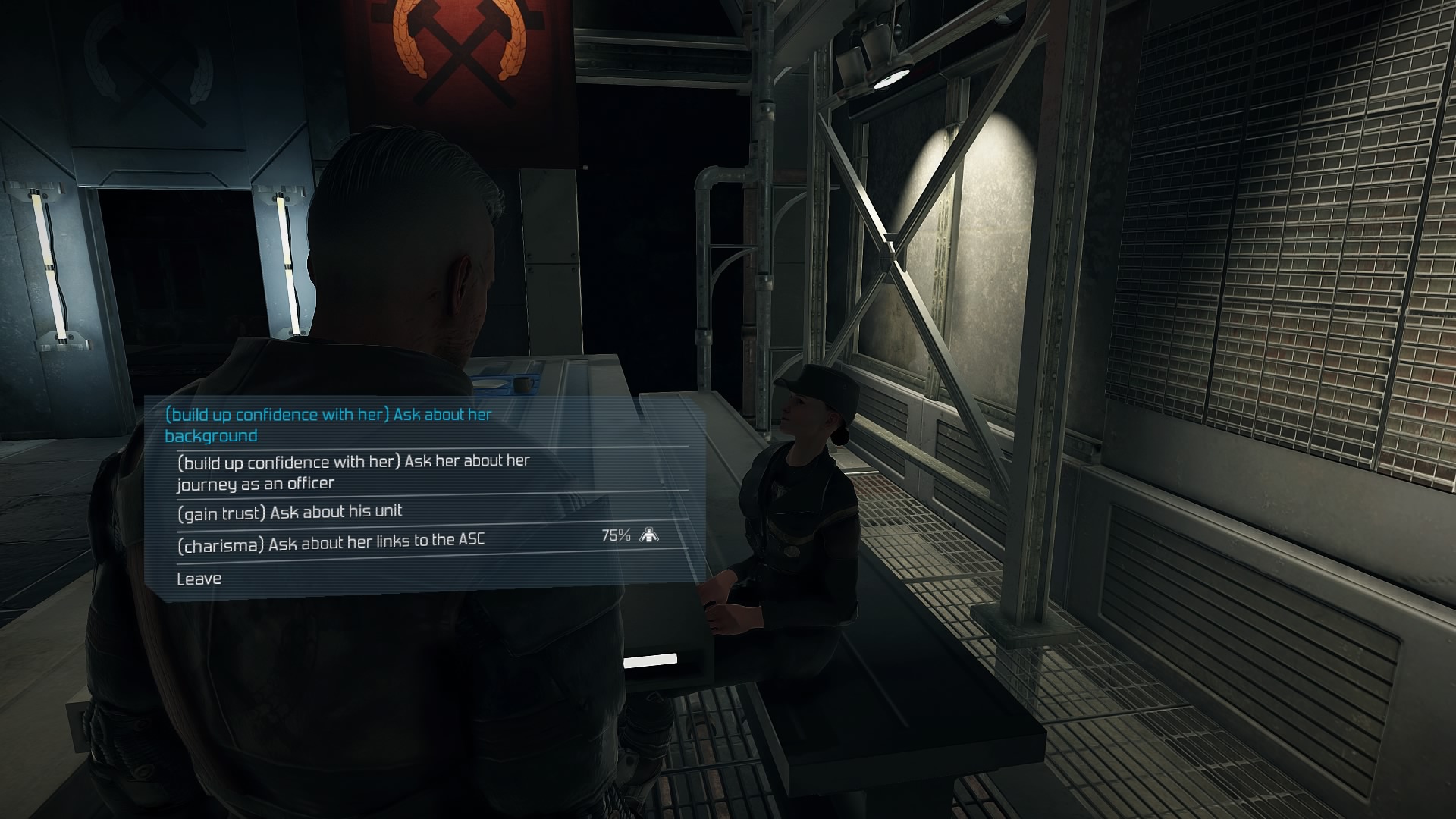
-
The Technomancer Review #12
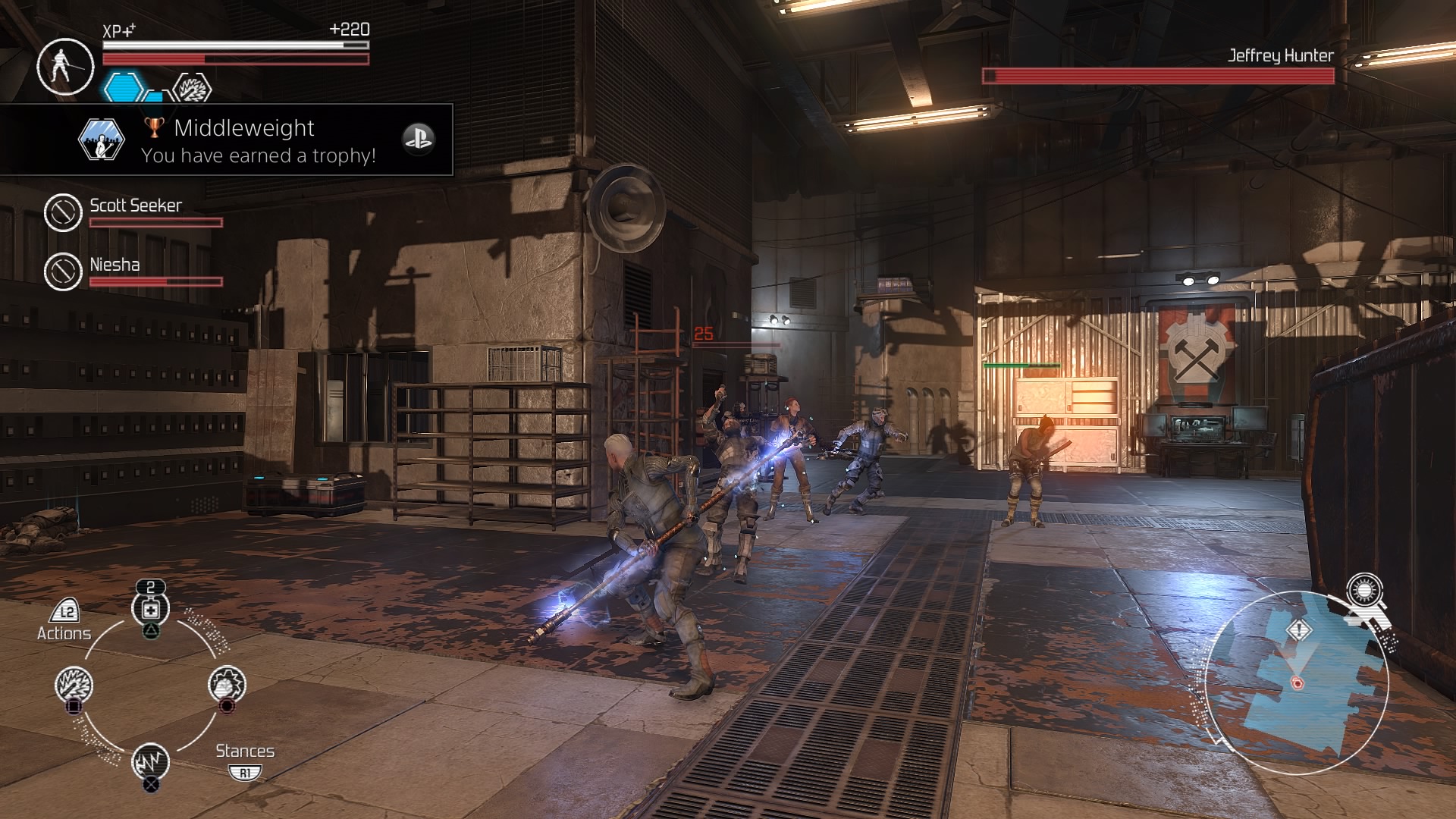
-
The Technomancer Review #13
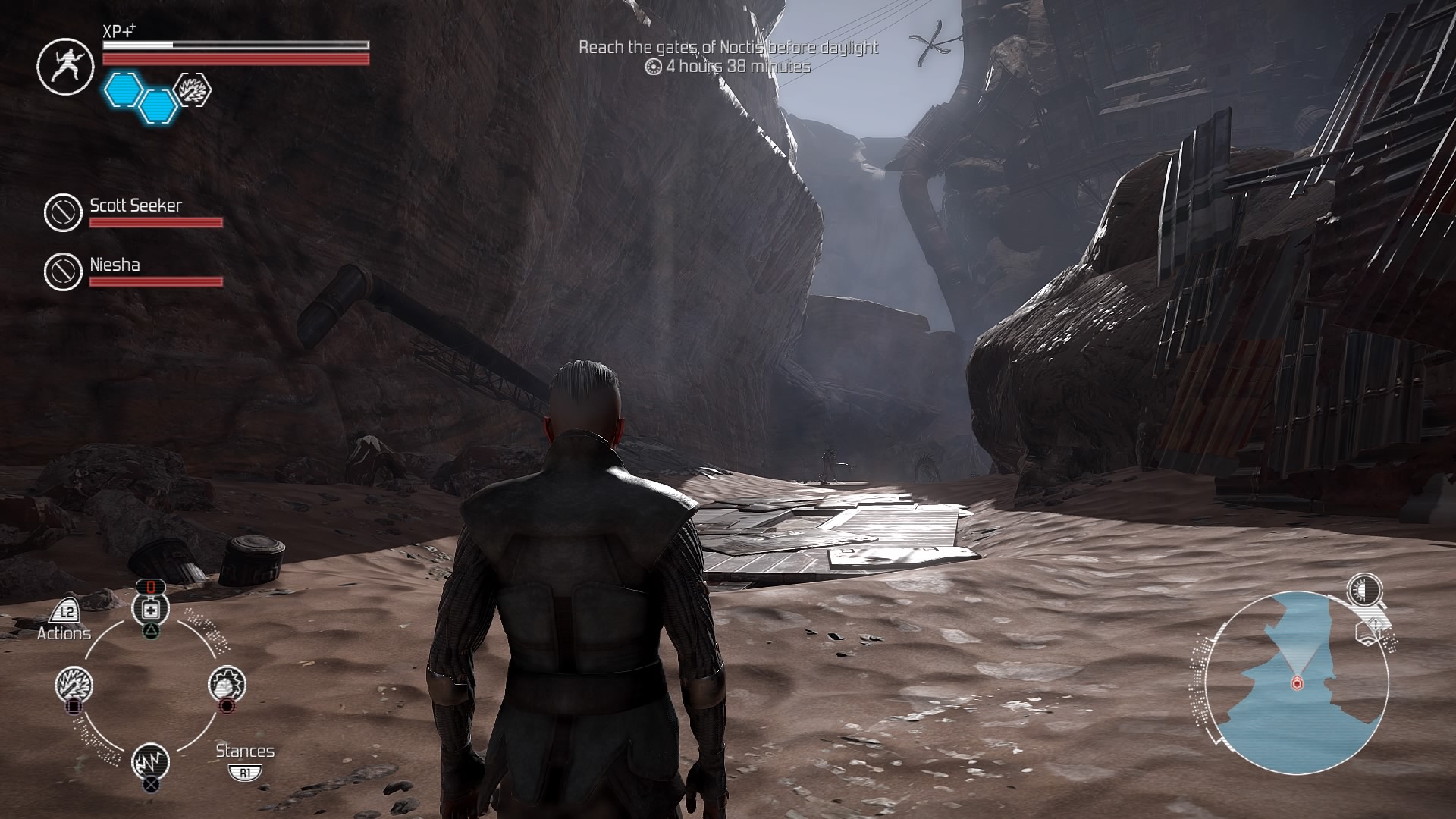
-
The Technomancer Review #14

-
The Technomancer Review #15
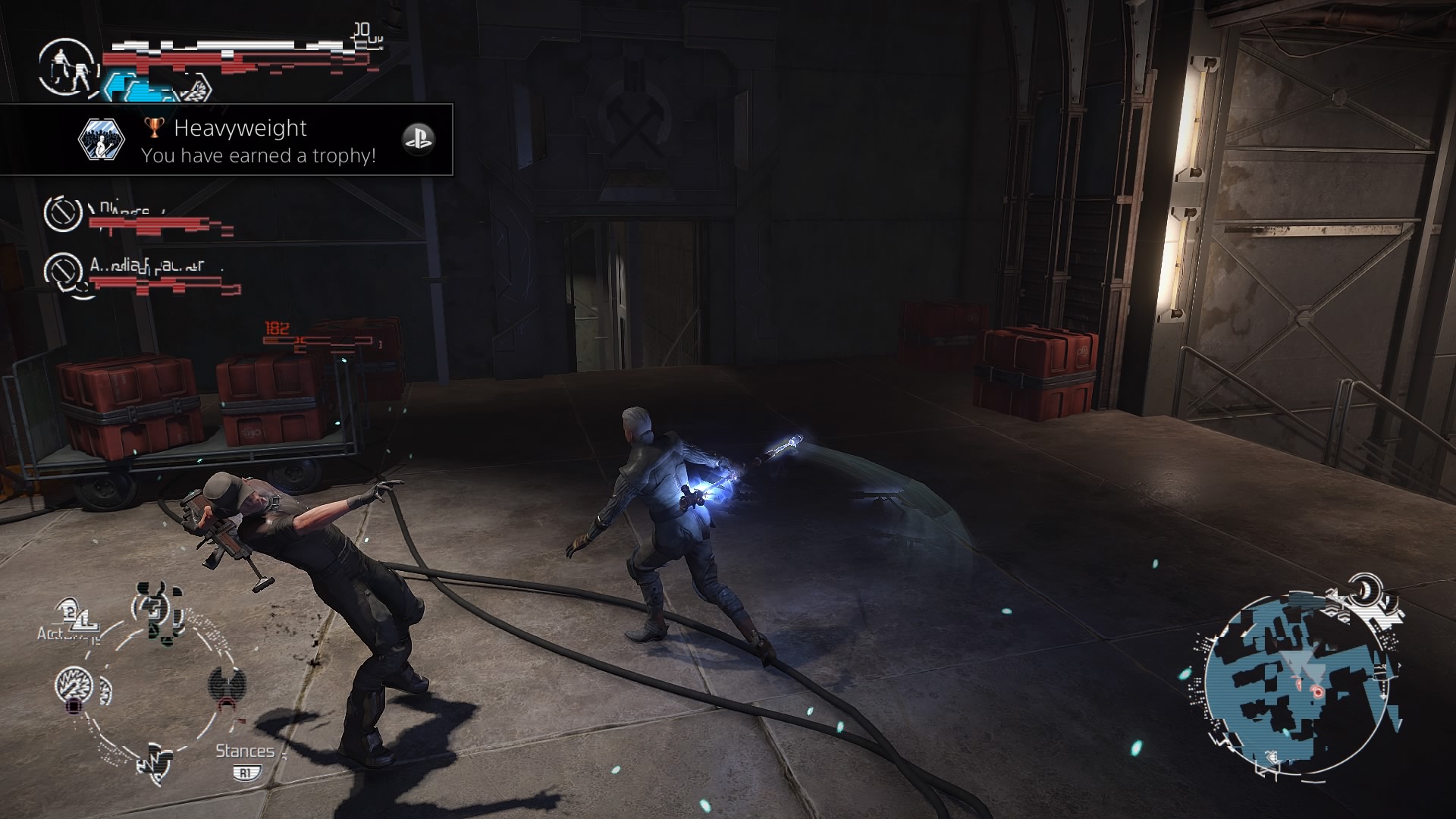
-
The Technomancer Review #16
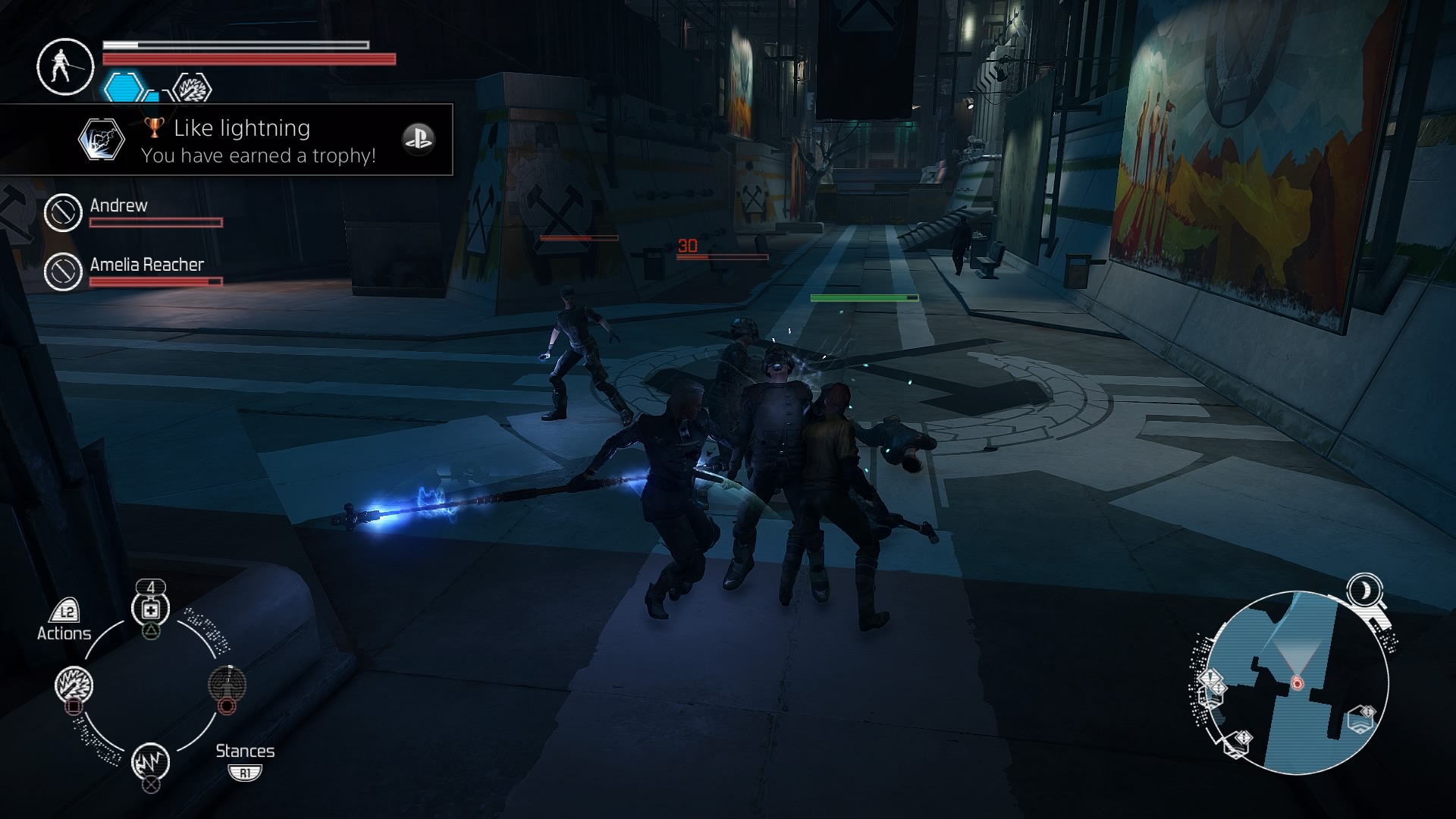
-
The Technomancer Review #17
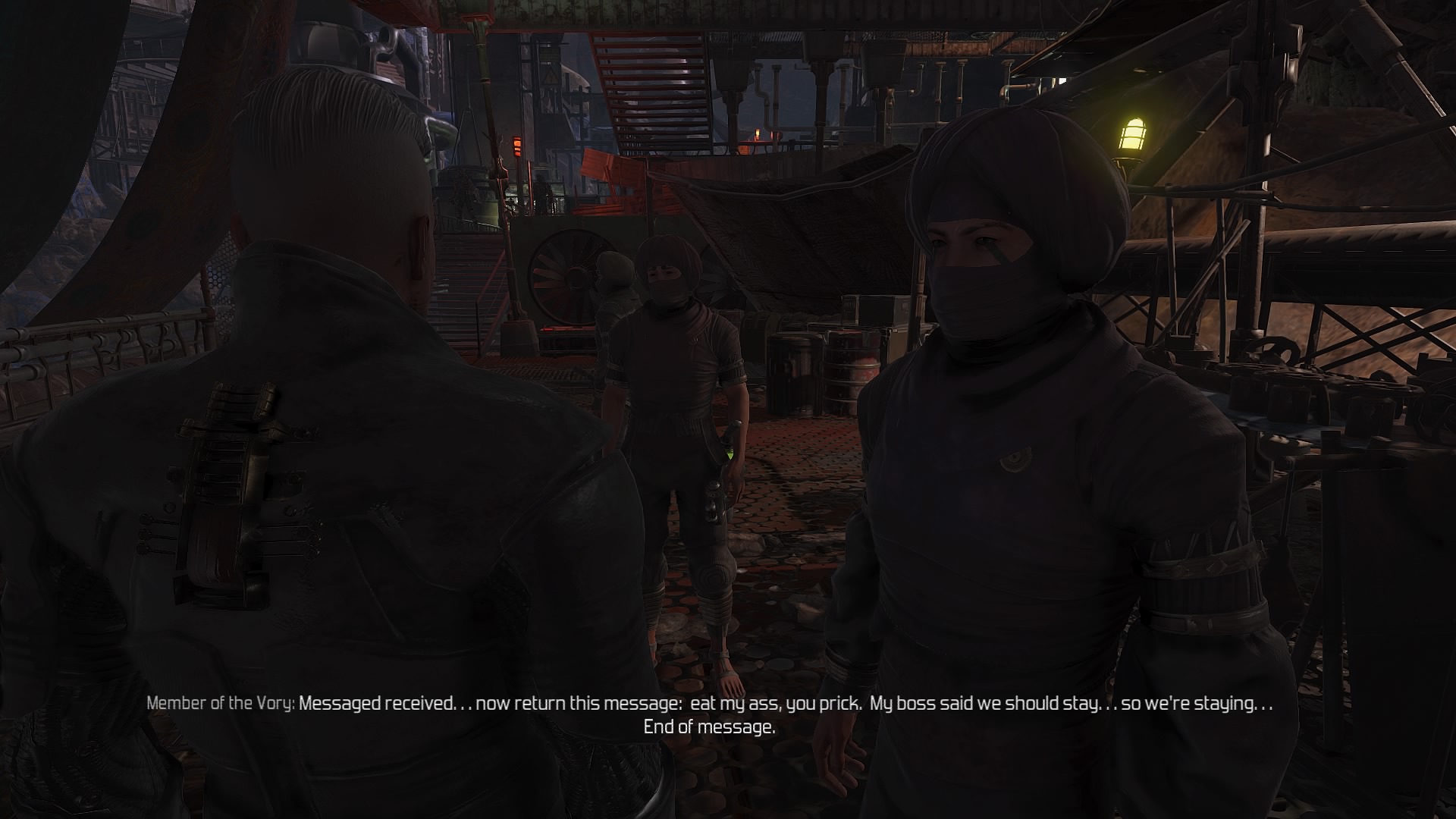
-
The Technomancer Review #18
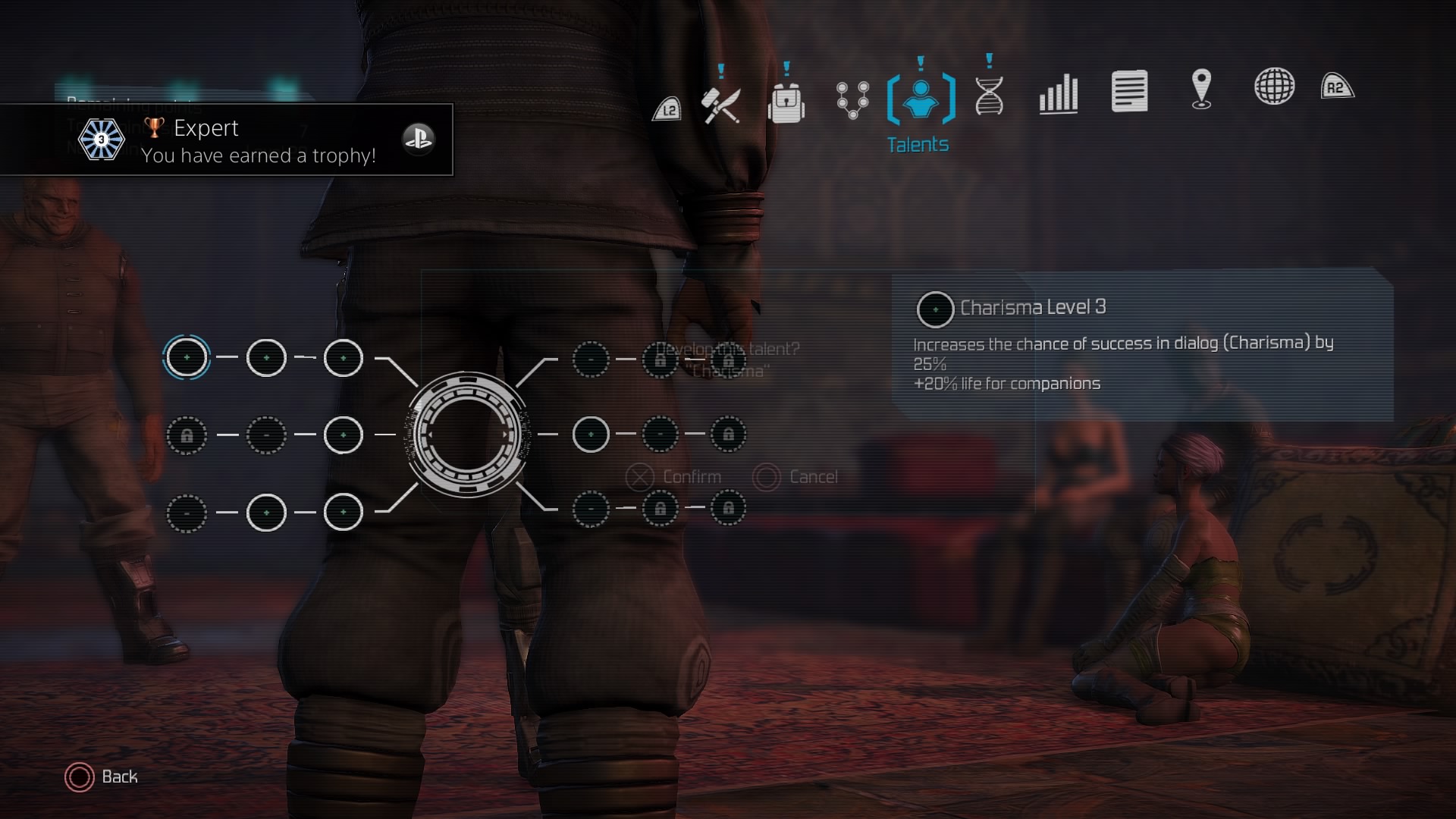
-
The Technomancer Review #19
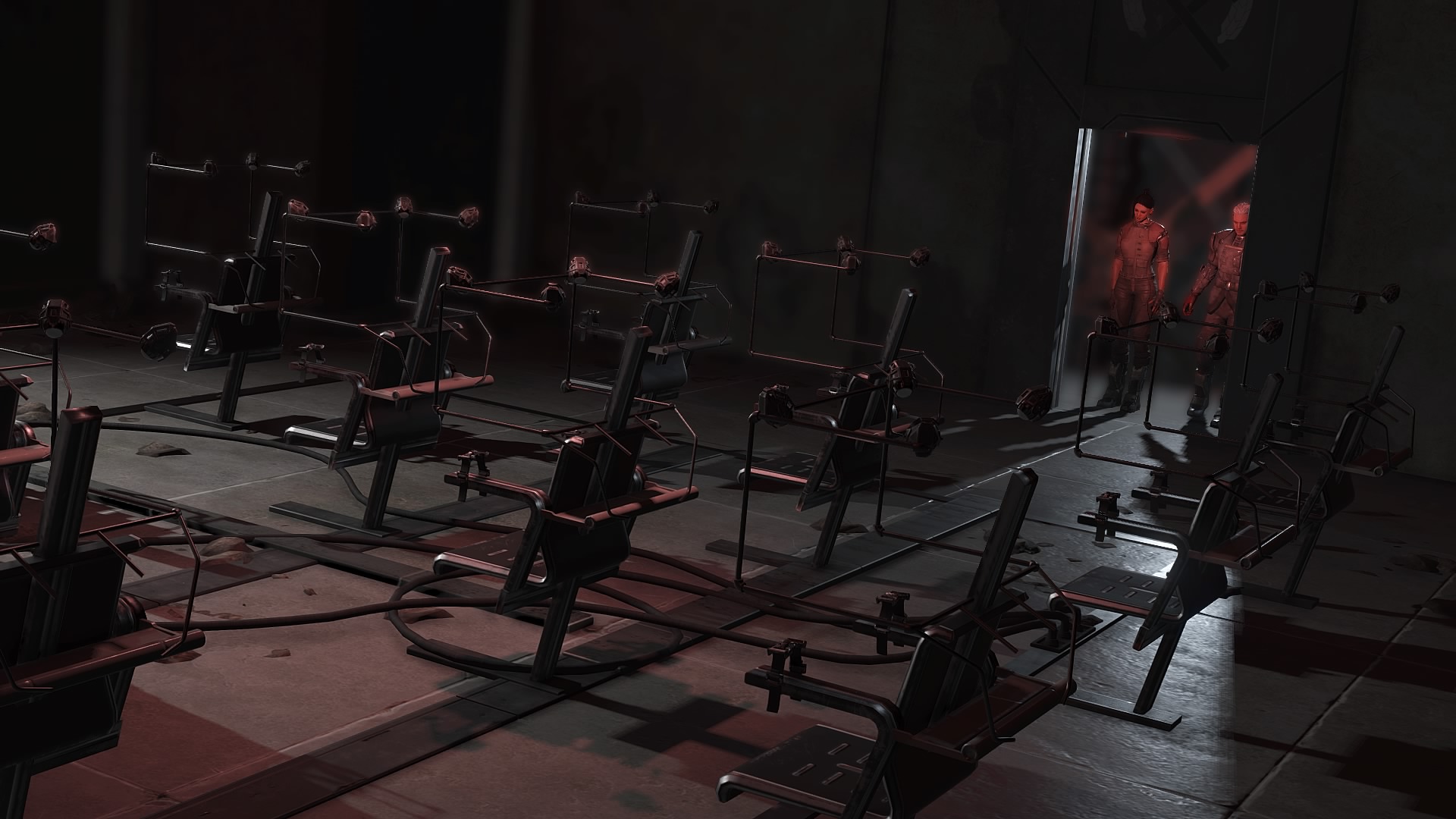
-
The Technomancer Review #20
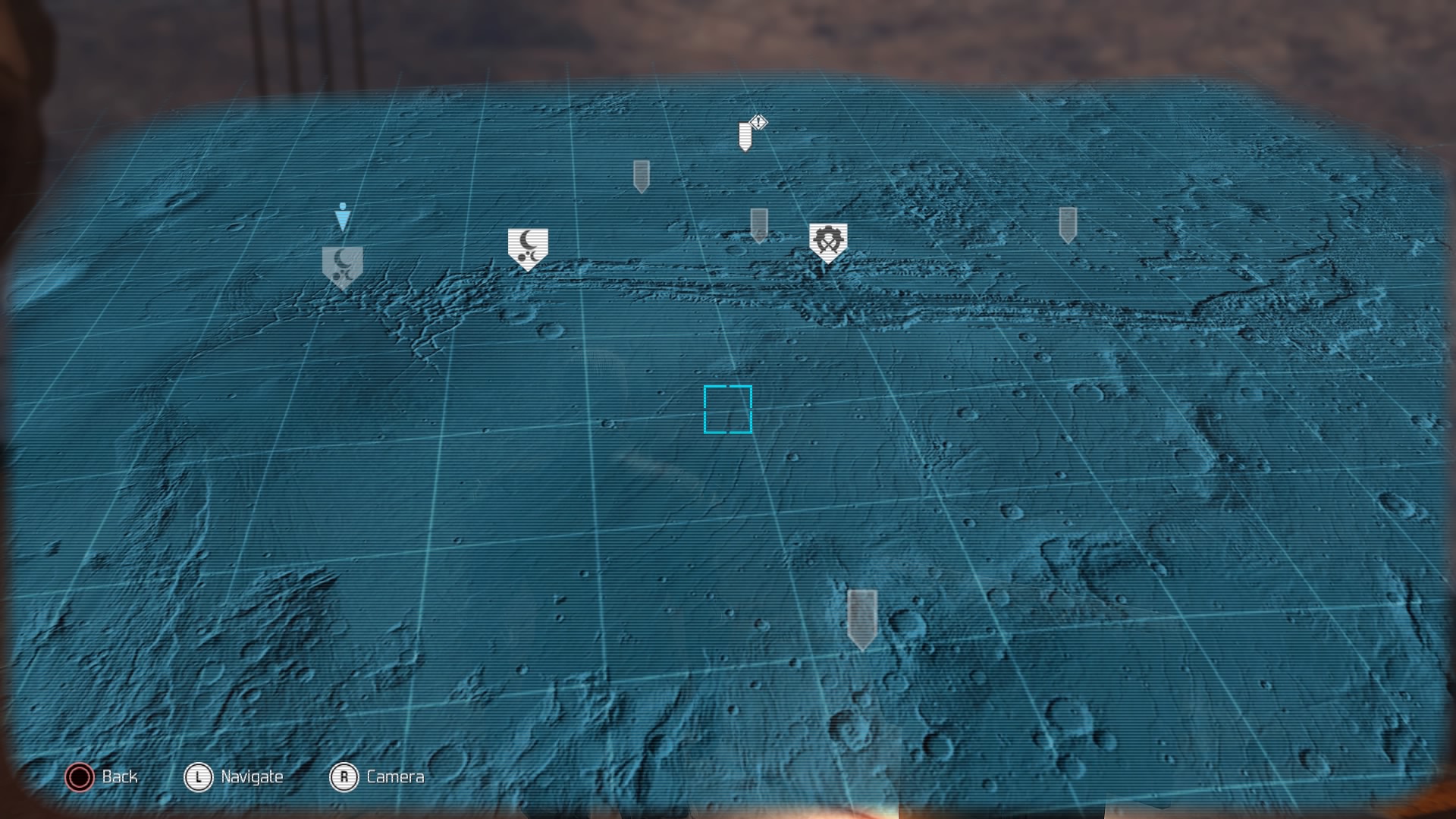
-
The Technomancer Review #21

-
The Technomancer Review #22

-
The Technomancer Review #23

-
The Technomancer Review #24
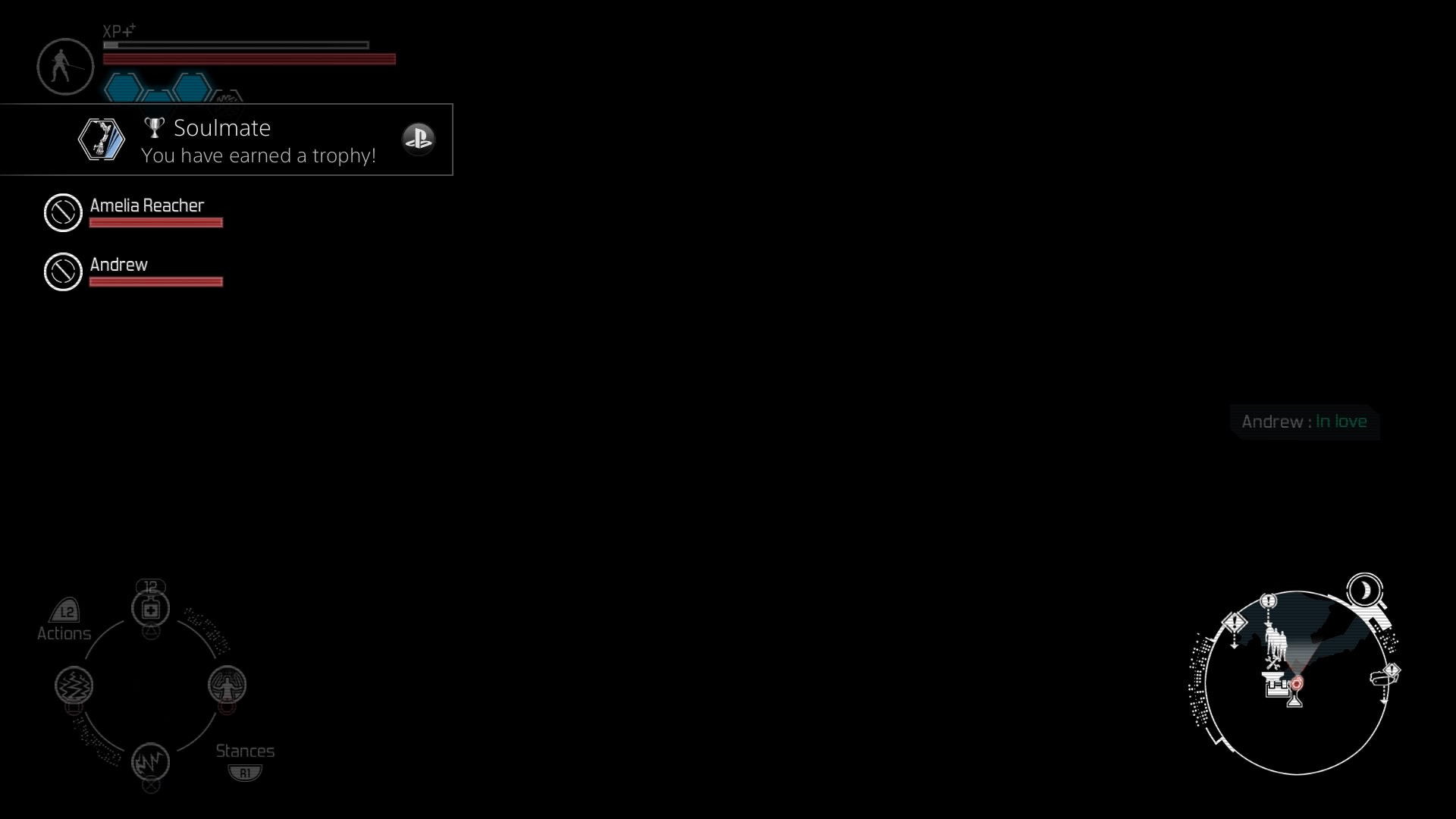
-
The Technomancer Review #25
